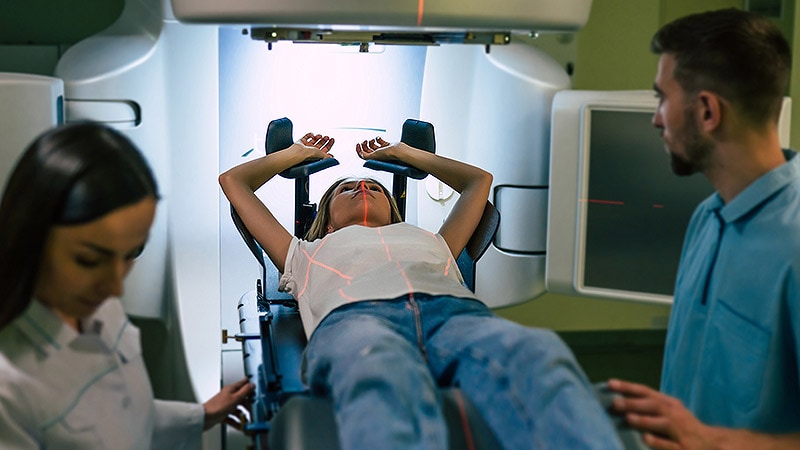Risk of developing short-sightedness increases with increasing time spent in full time education. A recent study published in the journal BMJ, provides evidence that links increased time spent in education with increased risk for myopia. These findings have important implications for existing educational practices. Further research for improvement in educational practices for achieving better outcomes without adversely affecting vision is needed.
Researchers from University of Bristol and Cardiff University analysed 44 genetic variants associated with myopia and 69 genetic variants associated with years of schooling for 67,798 men and women (aged, 40-69 years) from UK Biobank database.
Mendelian randomisation analysis showed that every additional year spent in education was associated with a higher myopic refractive error by −0.27 dioptres/year (95% CI, −0.37 to −0.17). This essentially implies that someone attending university is likely to have at least −1 dioptre more myopia than someone who left school at the age of 16 years.
Addressing environmental risk factors, the authors point towards children from developed East and South-East Asian countries who are reported to spend less time outdoors compared to children from Australia or the United States. Evidence shows that spending more time outdoors could be protective against development of myopia. Authors argue that education system must change to protect visual health of future generation. They comment: “Increasing the length of time spent in education may inadvertently increase the prevalence of myopia and potential future visual disability.”


